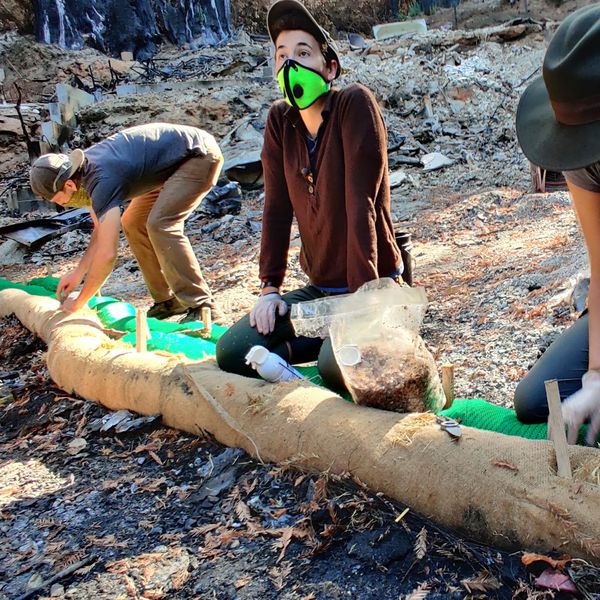A new TIME magazine report examines PFAS in sanitary and incontinence pads, pointing to lab results from testing commissioned by Mamavation and EHN.
PFAS, short for per-and polyfluoroalkyl substances, are linked to negative health outcomes including some cancers, reproductive problems and birth defects, among others. Leah Segedie, founder of Mamavation, found evidence of the chemicals in sanitary and incontinence pads last year, which TIME cites. She's also found PFAS evidence in everyday products such as makeup, dental floss, period underwear, sauces, workout clothing and more. Many of the products tested are labeled organic or "natural."
Using a U.S. Environmental Protection Agency-certified lab, Segedie has sent roughly 450 products for testing. EHN.org partially funds some of the testing and Pete Myers — chief scientist of Environmental Health Sciences, which publishes EHN — reviews the findings. Mamavation also works with other top scientists in the field including:
- Scott Belcher, an associate professor with the Center for Environmental & Health Effects of PFAS at North Carolina State University;
- Linda S. Birnbaum, a scientist emeritus and former director at the National Institute of Environmental Health Sciences and National Toxicology Program, and a scholar in residence at the Nicholas School of the Environment, Duke University;
- Terry Collins, Teresa Heinz professor of Green Chemistry & Director of Institute for Green Sciences at Carnegie Mellon University.
Last year EHN.org published an investigation examining Mamavation's findings, and explored what the implications are and why PFAS may be sneaking into products without many brands even knowing.
Read the full TIME article, and check out all of Mamavation's testing.
Watch a video below of EHN.org discussing the PFAS testing with Segedie and Linda S. Birnbaum.
- PFAS: Hard to escape in food, clothes, and makeup ›
- IN-DEPTH: For clean beauty brands, getting PFAS out of makeup might be easier said than done ›
- Investigation: PFAS on our shelves and in our bodies ›
- Op-ed: Arming doctors with knowledge about PFAS pollution ›
- IN DEPTH: First-of-its kind testing points to dangers and unknowns of PFAS in clothing ›



























